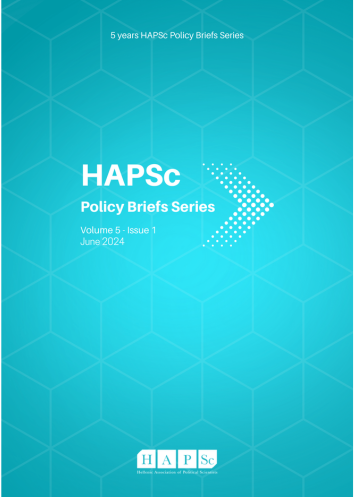Indonesia's Maritime Vision: A Look into the Potential of Halal-Based Maritime Tourism
Resumen
This paper explores the evolution and potential of halal-based maritime tourism in Indonesia within the context of the country's maritime vision and regional dynamics in Southeast Asia. Despite facing challenges such as the COVID-19 pandemic and the need for regional stability, Indonesia has pursued a strategic approach to develop halal tourism, aiming to attract Muslim travelers while preserving its cultural identity and natural heritage. Through infrastructure development, promotion, training, and cultural preservation efforts, the Indonesian government has sought to create a welcoming and inclusive environment for tourists, particularly in Muslim-majority region like Lombok. By aligning its maritime vision with regional frameworks such as the ASEAN Outlook on the Indo-Pacific and initiatives like the sea highway project, Indonesia aims to leverage its maritime assets to drive economic growth and empowerment, both locally and nationally. This paper highlights the importance of collaboration between governments, local communities, and stakeholders in realizing the full potential of halal maritime tourism and fostering sustainable development across Indonesia's diverse archipelago.
Article Details
- Cómo citar
-
Gultom, Y. S. M. (2024). Indonesia’s Maritime Vision: A Look into the Potential of Halal-Based Maritime Tourism. HAPSc Policy Briefs Series, 5(1), 9–16. https://doi.org/10.12681/hapscpbs.38952
- Sección
- Articles

Esta obra está bajo una licencia internacional Creative Commons Atribución 4.0.
Authors retain copyright and grant the journal right of first publication with the work simultaneously licensed under a Creative Commons Attribution License that allows others to share the work with an acknowledgement of the work's authorship and initial publication in this journal.


